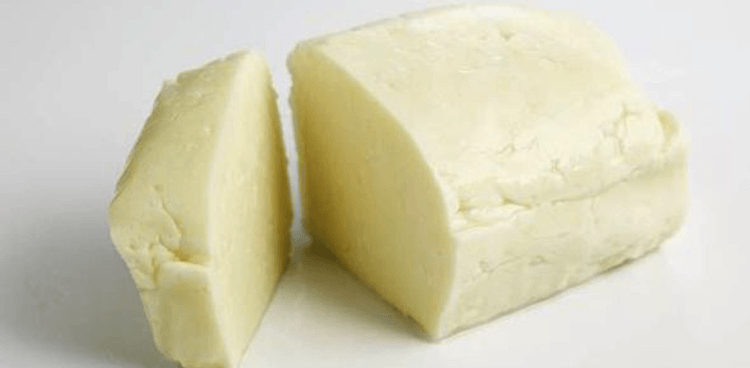
Halloumi is the miracle cheese of summer: its high melting point makes it perfect for the grill. Taken to-go, it will keep it’s shape on even the hottest summer day. (Oh, yeah—it’s delicious, too.) But halloumi’s growing popularity in US, UK, and Australian audiences means one thing for Cyprus, the island it’s traditionally been made—£60 million a year in sales.
That’s 60 million reasons for Cyprus to seek Protected Designation of Origin status for the cheese, as Express reports. It’s the same idea behind Parmigiano Reggiano being produced only in Italy; if halloumi isn’t produced in Cyprus, it can’t be called halloumi. However, the proceedings have hit a snag.
The process was delayed as producers argued over the proportions of milk used. Traditionally, halloumi was made from sheep and goats’ milk but many industrial cheese-makers now use cow’s milk. Some halloumi products contain only 10 to 15 per cent sheep or goats’ milk.
We suggest getting your halloumi fix while you can. The non-melting curds are a delicious salty addition to salads, tacos, or kebabs, or simply paired with wine alone.
Want to learn more? Read up about protected designation of origin laws or read the full Express article.
Photo credit: Halloumi block from Getty Images




